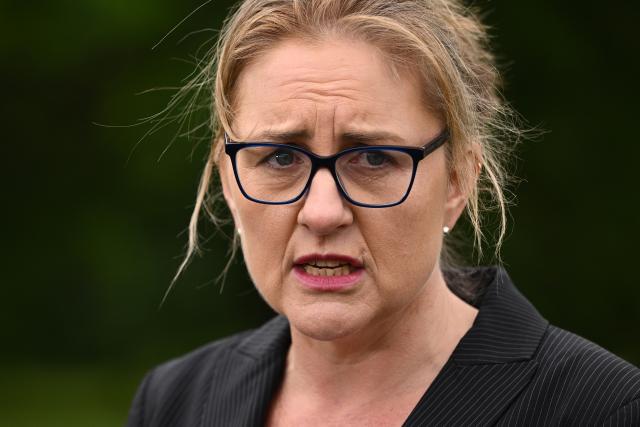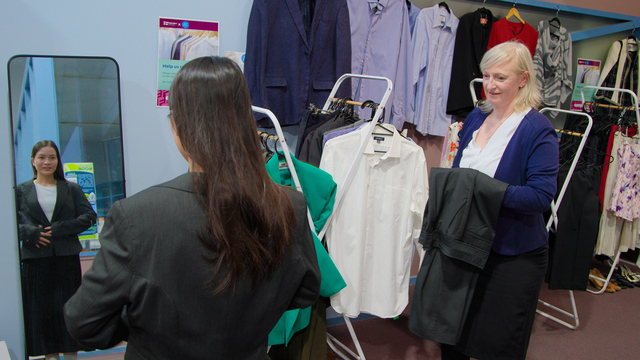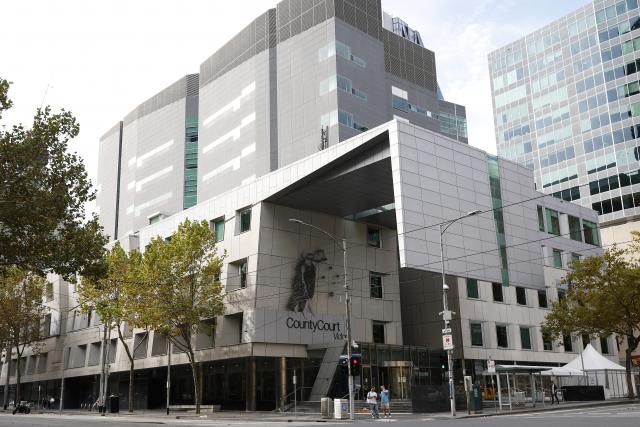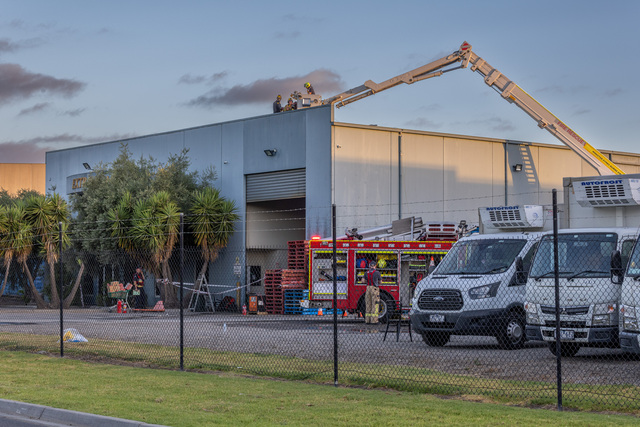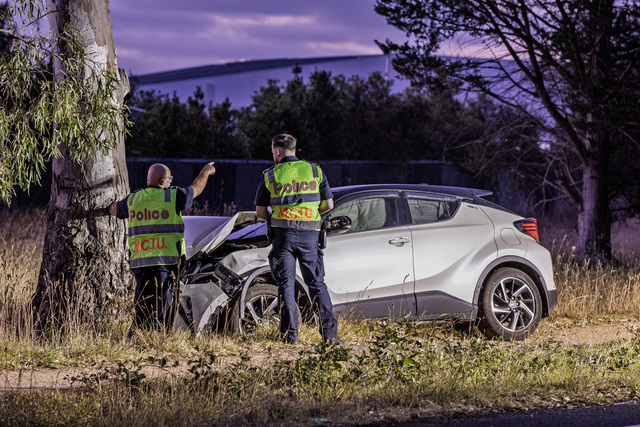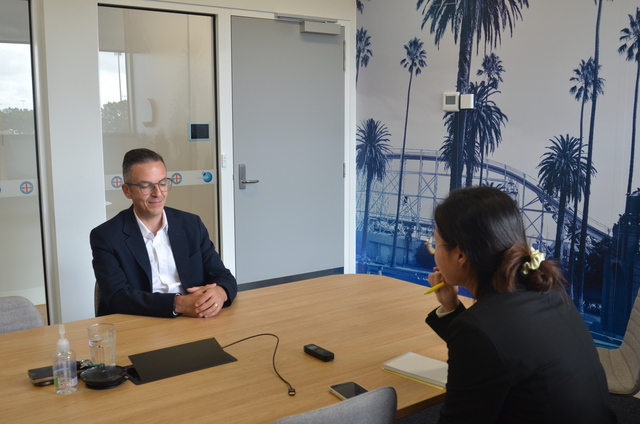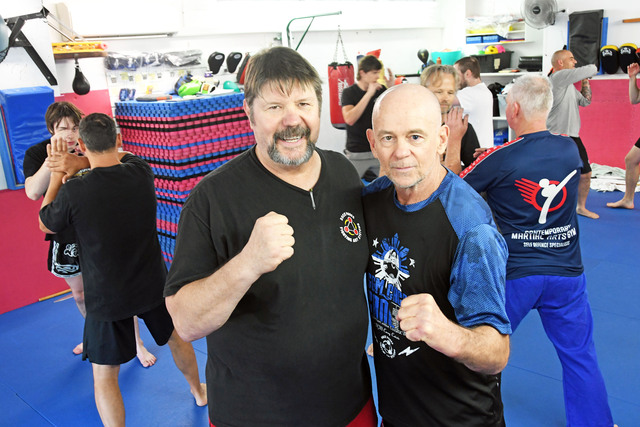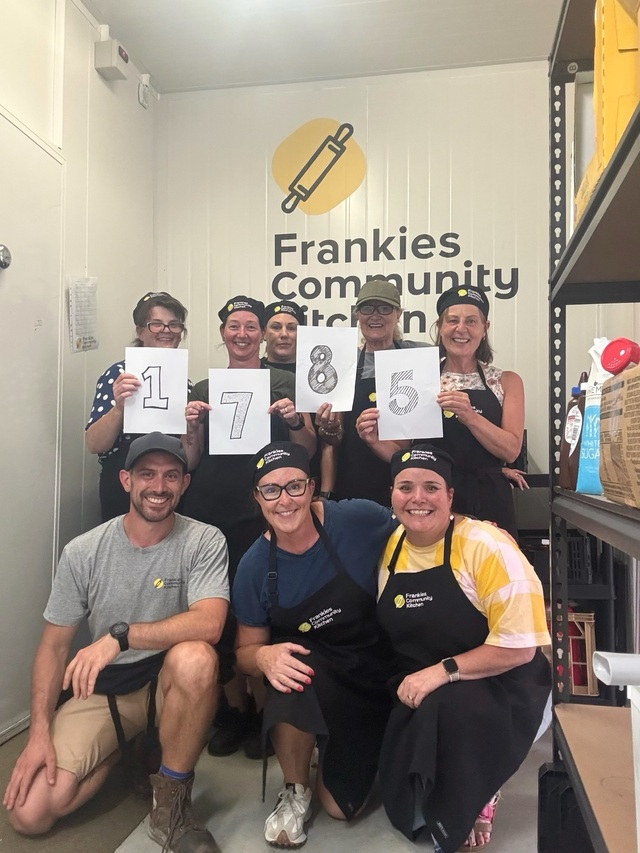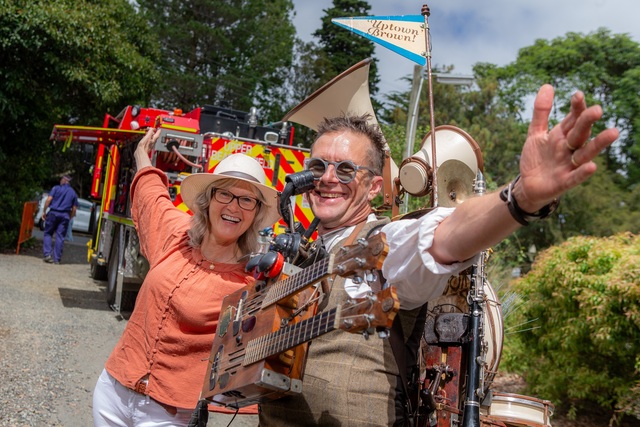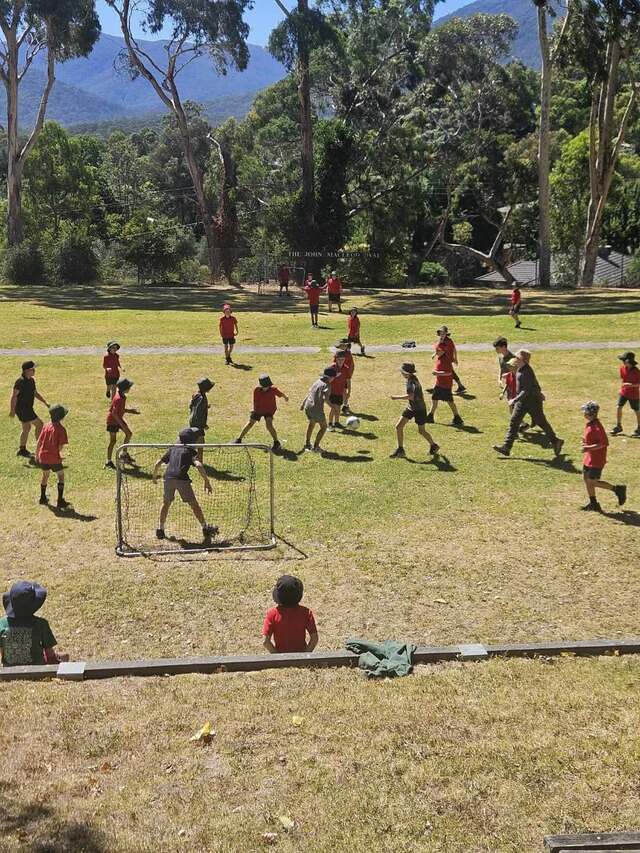A light will be shone on the horrors of historical sexual abuse in public schools across Victoria before victims receive a long-overdue apology.
Victims gathered at Victorian parliament on Wednesday to hear the state government’s response to an inquiry into historical child sexual abuse at 24 public schools.
All nine recommendations were accepted, including for a statewide apology by the government in parliament and a public memorial to acknowledge victims from Beaumaris Primary School.
The apology will be delivered in 2026 after a truth-telling process hears from victims of abuse at all government schools prior to 2000.
“We make a clear and simple acknowledgement: we failed,” Premier Jacinta Allan told reporters.
“We failed to keep these children safe, we failed to listen when they spoke out, we failed to act to ensure that it did not happen again.
“As the board of inquiry’s report put so plainly, it was a failure that was both serious and systematic.
“What should have been a happy place became a place of horror for these victim-survivors.”
Education Minister Ben Carroll said $48.3 million would be set aside to implement the recommendations.
“Victim-survivors have carried the grief and trauma they experienced at school for more than five decades,” he said.
“We are making sure the voices and experiences of all victim-survivors of abuse in government schools are heard and reflected on the public record.”
The board of inquiry was set up in June 2023 by then-premier Daniel Andrews to establish the extent of sexual abuse at Beaumaris from the 1960s to the 1990s.
It was later expanded to cover 23 other schools.
The inquiry’s final report was released in March and found the Department of Education “woefully failed to protect children from the risk” of sexual abuse because it did not have policies to deal with allegations or convictions.
Tim Courtney was in year three at Beaumaris in 1972 when a teacher abused him in front of Gary Arthur Mitchell, another teacher who was a deputy principal and principal at several schools from 1964 until the late 1990s.
“It’s been a long-time coming,” he said.
Fellow Beaumaris victim Rick Turner was nine when he was abused and said he had only recently realised he wasn’t alone.
The 61-year-old still deals with chronic post-traumatic stress disorder and other mental health challenges.
“It’s great that we’ve got this far,” Mr Turner said.
“For us it was very much about giving others the opportunity to have a voice and create a scenario where the silence is stopped.”
Glen Fearnett, who was abused by a teacher at Beaumaris in the 1970s, said the moment was bittersweet.
“It’s not something that’s celebrated and it shouldn’t be,” he said.
“But if we can maybe get a conversation to happen within the community to be more aware of child sexual abuse, if we can have some hope that the people that need to speak up and can come forward can … all of that’s a good thing and it’s a little bit satisfying.”
The government has committed to review how historical child sexual abuse matters were treated and responded to across the public school system pre-2000, with a report to be released in 2026.
A restorative engagement program and website and telephone line for victims of child sexual abuse in government schools will be set up.
Liberal MP Brad Rowswell, who represents the southeast Melbourne electorate of Sandringham where the Beaumaris Primary School is based, said the acts committed against members of his community were just the tip of the iceberg.
“This stain on our state’s history is far more numerous and far more impactful,” he said.
1800 RESPECT (1800 737 732)
National Sexual Abuse and Redress Support Service 1800 211 028
13YARN 13 92 76
Lifeline 13 11 14

